Property Analytics is a licensed buyer agent for Melbourne clients. We specialise in securing profitable projects for experienced townhouse developers and first-timers alike.
We help clients understand what is possible with their current savings and borrowing capacity. We know where to find profitable development sites on- and off-market. We shortlist suitable properties, conduct comprehensive project feasibilities, and negotiate purchases. We project manage the planning and design phase with our preferred team of professional consultants – from concept through to build tender docs.
Prior to purchase, we detail ALL costs, cash and debt outlays, revenues, taxes, timings, and profitability.
Our staff always speak with the relevant council to get their impression on any intended developments. At this stage, we also attain important advice from our professional network around zoning constraints, vegetation, design options, market values and end purchaser demand.
All relevant information is presented on a single page so that clients can purchase and proceed with confidence. Experienced developers will mitigate risk by doing the hard yards prior to purchase.
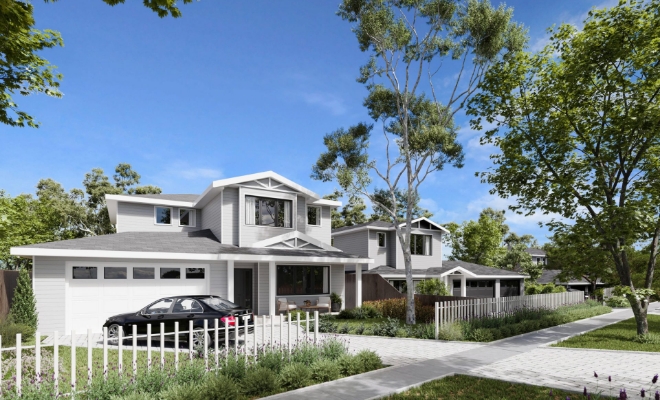
Since our inception, Property Analytics have developed a strong reputation for development advocacy and analysis. These services are primarily designed for prospective investors seeking to gain a foothold in the Melbourne market. Our multi-phase process extends to everything from suburb selection to determining the development’s feasibility and lastly, assisting with any final negotiations.
As our name suggests, Property Analytics are all about the numbers. We undertake a data driven approach that is proven to deliver success for our clients. This work involves finding a viable development, listing all associated costs and projecting its value through detailed market research and analysis
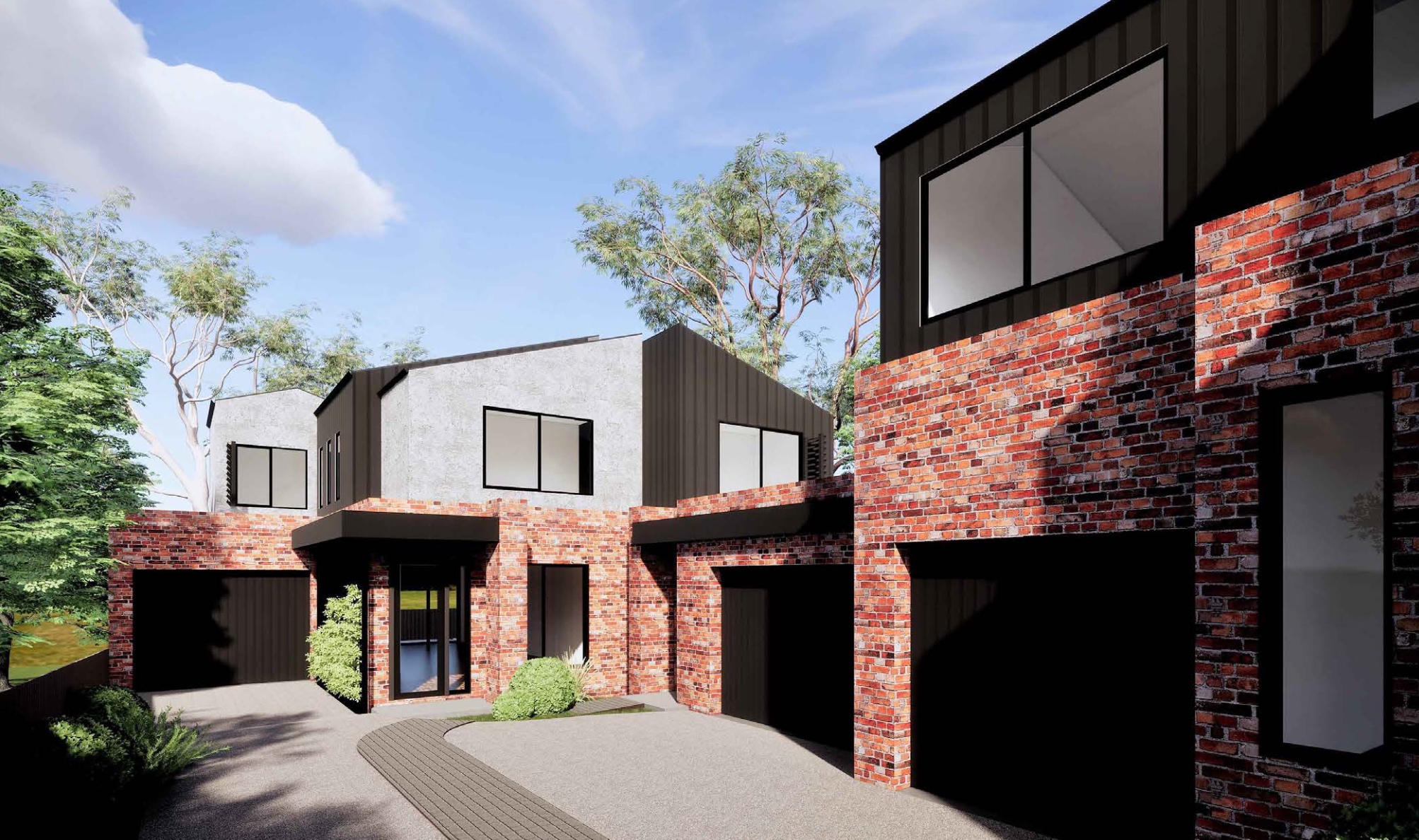
We had a couple discussions with Jim, shared some case studies and references, and advised what was possible with his cash and borrowing capacity. He appointed us to find him the right property.
His budget was +/- $1.1m, and his aim was profit. We ran feasibilities on a few properties, and landed on one: suitable for 7 triple story townhouses, available on a long settlement, asking $1.15m. We secured it for $1.07m and Jim paid our buyer advocacy fee and appointed us to project manage the planning and design.
Within 9 months we attained a permit in-line with our feasibility. Jim paid us our PM fee, then asked us to find a suitable agent to sell the permitted site. We did, and he sold it for $1.35m.
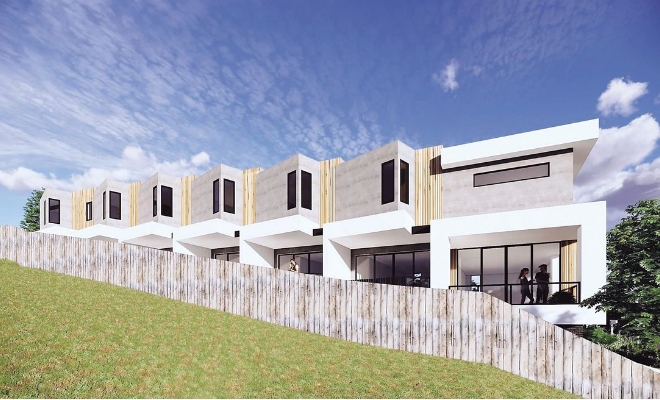
Investing in a development is not a process to be taken lightly. Serious consideration must be given to mitigate risk and maximise your return on investment. Before you leap into the development market, remember these key points.
What savings can you apply to the purchase and other costs? Do you know your borrowing capacity?
Is your aim to build a portfolio for long-term retention? Short-term profits? Maybe a mix of both? Define a timeline.
What areas and property types align best to your objectives? Study planning schedules, demographics, market values..
Good buyer’s agents and advocates can help you establish the relationships you’ll need complete a successful development.
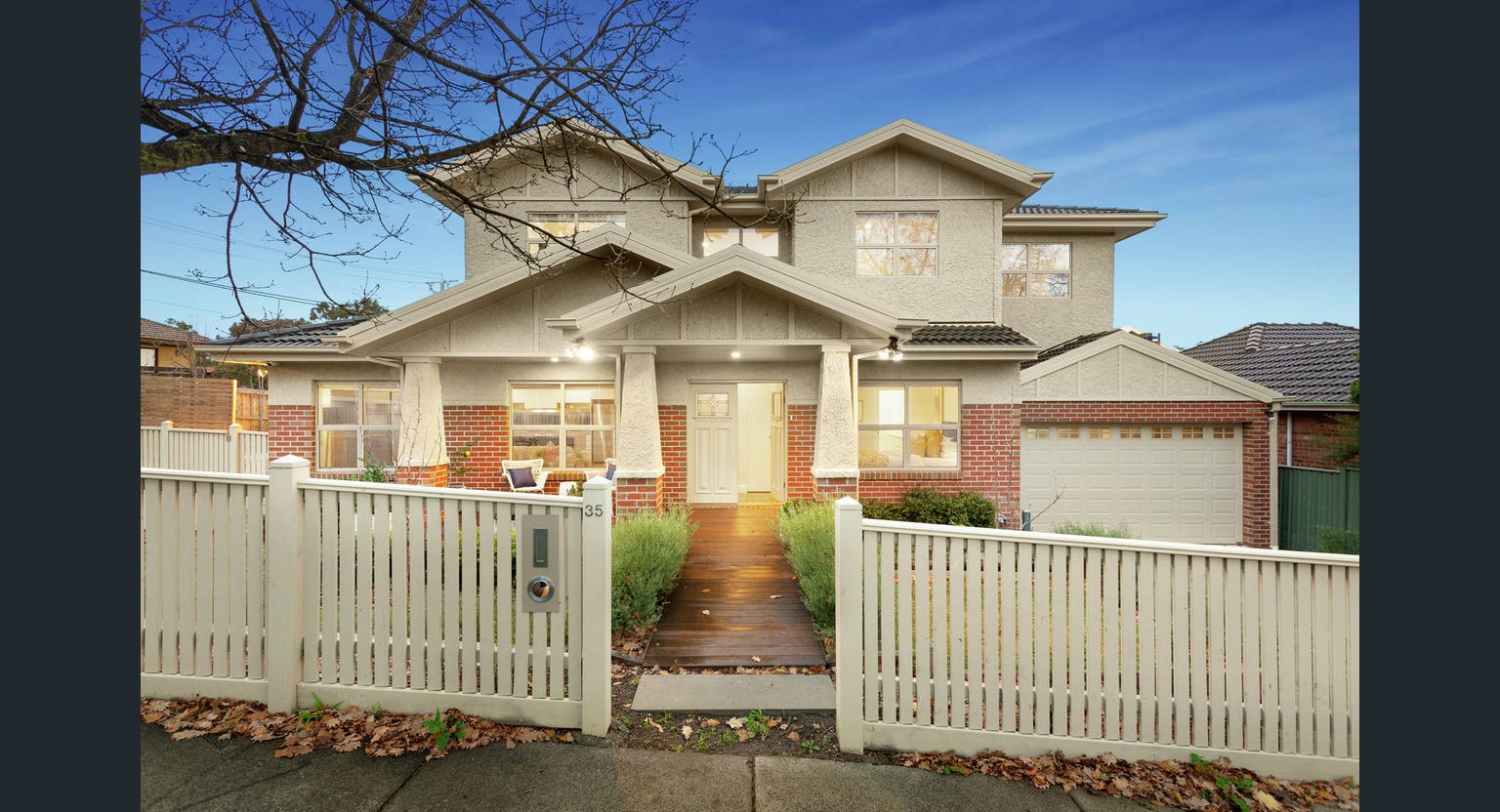
Modest, straightforward projects where clients either keep the existing dwelling and build a new detached house, or knock-down and build 2 quality side-by-side townhouses
Design and build a complex of 3-12 townhouses, for resale profits and/or long-term rental, primarily targeting end homebuyers who pay a premium for quality new product
Mostly available off-market through agents we know, either ready to build ASAP or requiring a bit of further design work – profits are tighter but risks are lower and time-to-market is quick
We are very discerning about property recommendations to our clients. Read dozens of real-life success stories below
Get the best investments properties, development projects & market insights
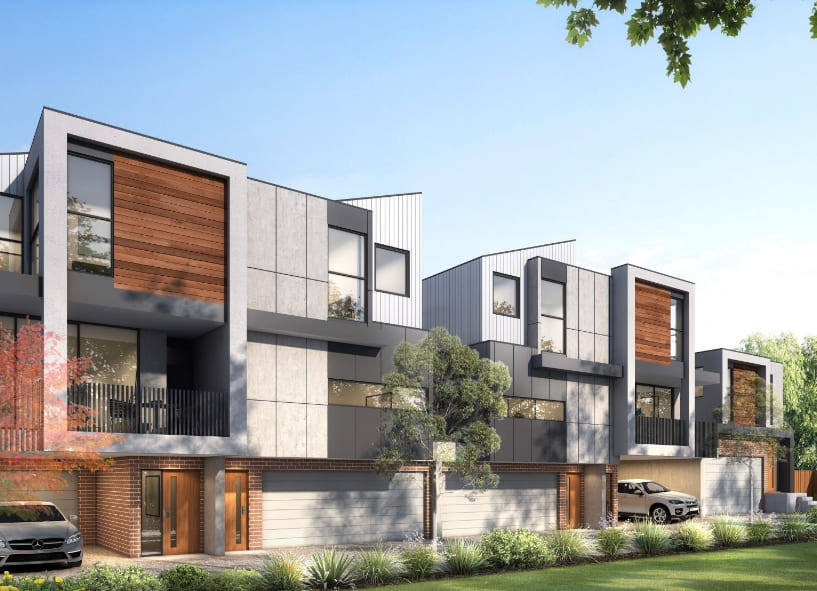
$0m
Min 5 / Max 10
0+
We strive to be as transparent as possible in all that we do.
Returns are measured in multiple ways: Return on Investment (ROI) measures end profit against the total costs, including bank finance. Smaller developers are typically happy with +/- 15% post-sales and post-GST, and larger developers +/- 20%. Return on Equity (ROE) measures end profit against the amount of cash that you put into, excluding bank finance. A successful development should return you 50%, so that for every dollar you put in, you get $1.50 back.
Everybody’s circumstances and objectives are different. Some clients develop for profit, and use those profits to supplement their lifestyle and/or tackle ever bigger projects. Others tackle property developments as a smart way to build their property investment portfolio quickly, and get great tax depreciation benefits on the newly built properties. An important consideration is tax – if you sell newly developed properties, you will need to pay 1/11 in GST, which significantly impacts on profit.
You can read all the text books and case studies, and attend all the workshops and sales pitches you want, but ultimately, you only become a property developer by doing. The key though (and this is true for experienced developers too) is bringing together the right team of professional consultants to give you the best possible advice throughout. Ask anyone who has tackled a development, and they’ll tell you that the most important element of success is purchasing well – do all your due diligence and feasibility work prior to purchase so that you go in with your eyes wide open.
We advise clients who are starting out in development to begin with a purchase budget of $1m+. To complete a modest duplex development, you will need at least $0.5m in savings in order to satisfy bank lending requirements, pay consultants, meet holding costs, etc. Property development in Melbourne isn’t cheap, but our rule of thumb is a 50% Return on Equity, meaning that if you tip in $0.5m of your own money, you will walk away with at least $0.75m upon development completion. Not bad, particularly if you appoint a property development advisor to project manage the bulk of work.
There are a lot of moving parts to townhouse developments, and a myriad of different property development consultants to appoint and coordinate. A good project manager will pull all of their work together in a timely fashion. Some of the key consultants include: Town Planner, Land Surveyor, Arborist, Architect, Structure Engineer, Civil Engineer, Traffic Engineer, SDA Specialists, Builders, Buyers Advocates. Good professionals are busy, and are very mindful of tyre kickers, so it’s important to have an actual property development to brief – don’t expect much feedback if you simply call up and say that you want to get advice about property development.
Firstly, you need to buy well. Just because a property can be developed doesn’t mean that profits can be made in developing it. Every Melbourne suburb is different – you can do a development in one suburb and make big profits, and do the exact same in another and lose your shirt. Secondly, you need to have a good network of consultants that you can trust to give quality advice based on experience. As with any profession, there are good and bad operators, so building and maintaining relationships with successful consultants is critically important. And, one final piece of advice – recognise that you as the developer are the one and only person truly responsible for all decisions, costs and timelines. Accept total accountability and you can succeed.